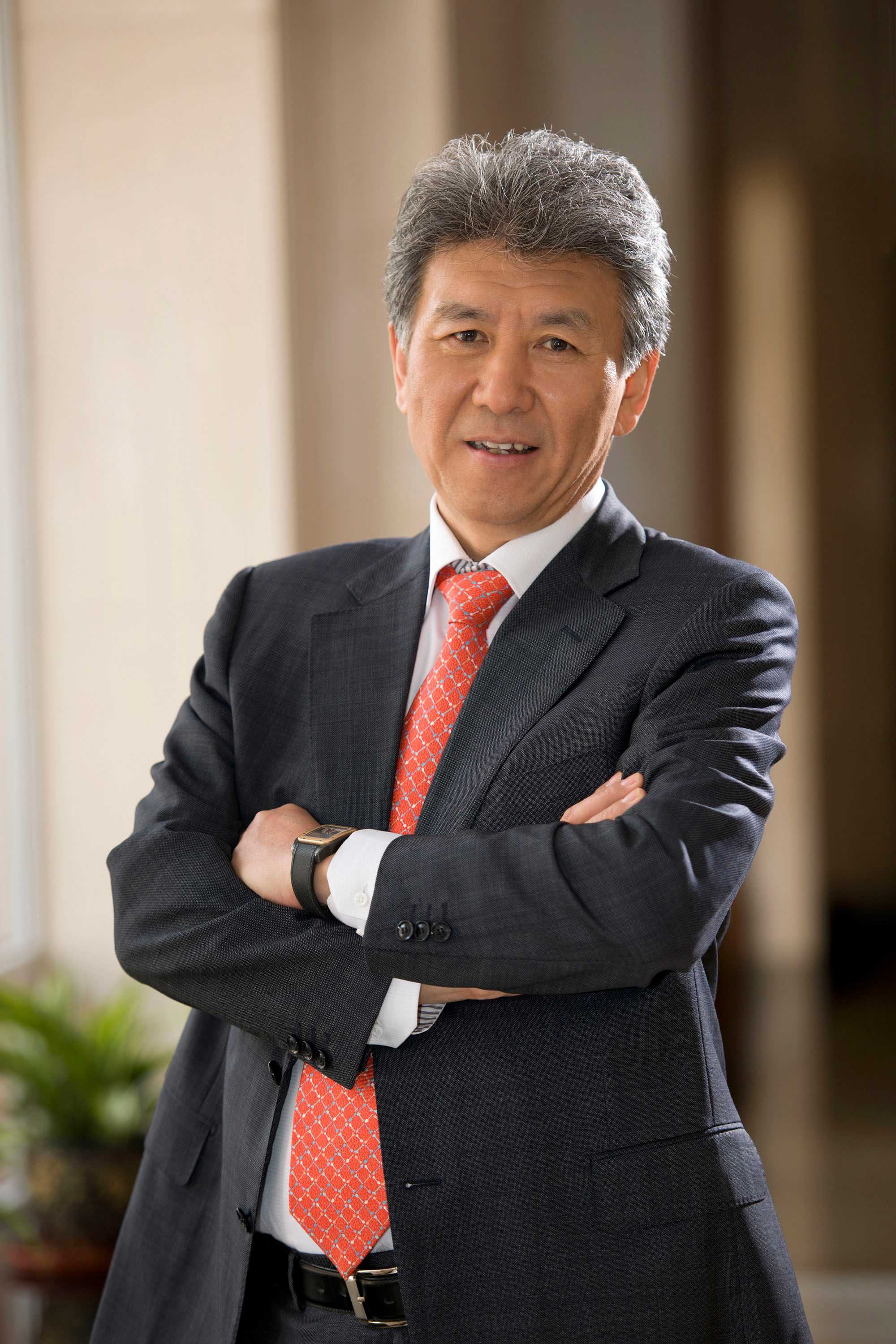By CGTN's Martina Fuchs
Foreign multinationals will be closely watching China’s Two Sessions for any clues on changes to investment regulations and market access. That comes as recent business confidence reports show a mixed picture of the investment climate among foreign players in the world's second-biggest economy.
CGTN asked three top global and Chinese CEOs to put their hopes and dreams for China’s future development down on paper.
Here’s what makes it on top of their wish lists:
Sir Martin Sorrell, Chief Executive, WPP

WPP’s CEO Sir Martin Sorrell/ WPP Photo
Keeping its doors open to trade is critical to securing China’s future prosperity. Chinese companies have demonstrated their determination and ability to expand beyond China’s borders. Inclusive and open policies will enable them to keep achieving on the domestic and international stage.
Certainty is critical for business growth. China has done a stellar job in providing clear direction with its strategic five-year growth plans. Clarity will always be welcomed by businesses.
We’ve seen Chinese brands emerge as respected global leaders, with technology driving much of their growth. I hope to see this trend continue. Innovation allows companies to disrupt with fresh ideas and opens up new frontiers.
Long-term investment has propelled China along its growth trajectory over the past decade. Both government and businesses need to continue to invest for the future, and not succumb to short-term pressures.
Chinese companies will need to seek out new markets as the economy settles into a “new normal”. To find new consumers, keep investing in both products and brands.
Dr. Liu Jiren, Chairman & CEO, Neusoft Corporation

Neusoft Corporation’s Chairman & CEO Dr. Liu Jiren / Neusoft Corporation Photo
Information technology and Internet will be one of the major driving forces for China's New Healthcare Reform. China should further encourage the application of emerging information technologies in healthcare services, to build a sustainable ecosystem and create a sharing model among multi-stakeholders, to enhance the ability and quality of primary healthcare.
Education and talents are the necessary driving forces for the transformation of China's economy, and today education should keep up with the unprecedented changes of the markets. China should further accelerate its education reform to foster more talented young people with practical knowledge and skills that the market demands.
We should have more smart cities. Today the competitiveness of a city is always about young people. In the process of building a smart city, we should integrate the power of talents, the momentum of innovation, the support from public policy and good infrastructure, to create a better entrepreneurial environment for young people.
In this Internet era, the sustainable development of real economy is still very important for China's overall economy. China should take active measures to protect and support the healthy growth of real economy, which will be the solid foundation for the sustainable competitiveness of China's future economy.
China should support and upgrade its manufacturing industry, especially in the high-end equipment sector, by integrating more software and information technologies to move to the higher end on the value chain. Made in China should be transformed to a new image, which will be one of the engines of China's economic growth and can help China keep its advantage in the competition of global market.
Brad Staples, CEO, APCO Worldwide

APCO Worldwide’s CEO Brad Staples / APCO Worldwide Photo
China should improve market access for foreign companies and level the playing field for operators in the domestic market. I would like China to welcome investments in currently closed sectors such as telecoms, pursue a more open and free market, and to have a more balanced approach to foreign competition.
Drawing from the above, I would like China to strengthen its role as a global leader on free trade in the face of geopolitical and economic shifts around the world. President Xi Jinping’s speech at Davos was a positive signal that I would like to see translated in future trade negotiations.
China should foster a more open online environment. Open access to information is essential for businesses to generate new ideas and create new solutions for Chinese customers and important for personal learning and enlightenment. While cyber security is an important concern, current internet restrictions hamper creativity and innovation, and can limit China’s vision of “Made in China 2025.”
China should be a promoter of peace and prosperity around its borders and globally. I would like China to pursue efforts to temper the DPRK’s destabilizing behavior while showing restraint in responding to potential incidents along its naval borders.
China should lead the charge against climate change. The strong commitments taken by the Chinese government should translate in rapid and swift domestic actions to fight air, soil and water pollution in the country, but also to pave the way in supporting the enforcement of the COP21 Paris agreement throughout the world.









